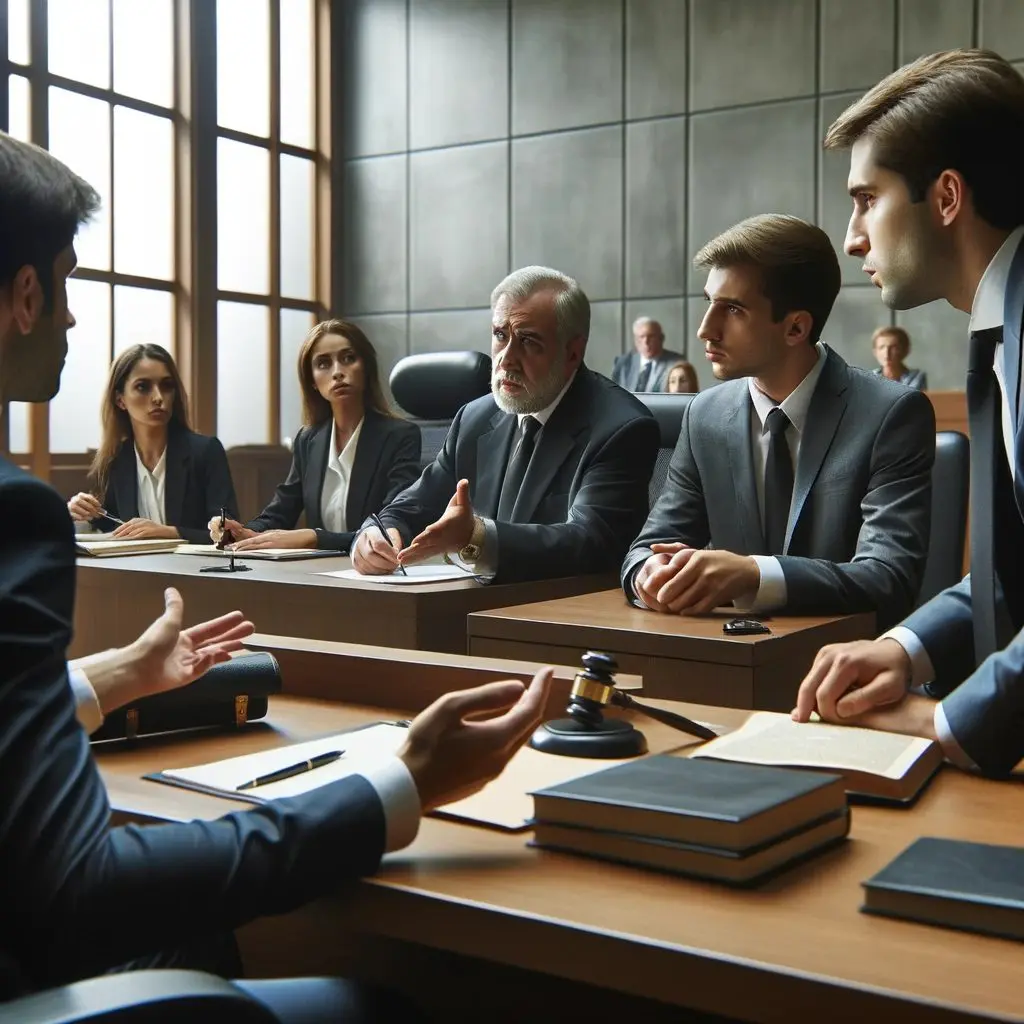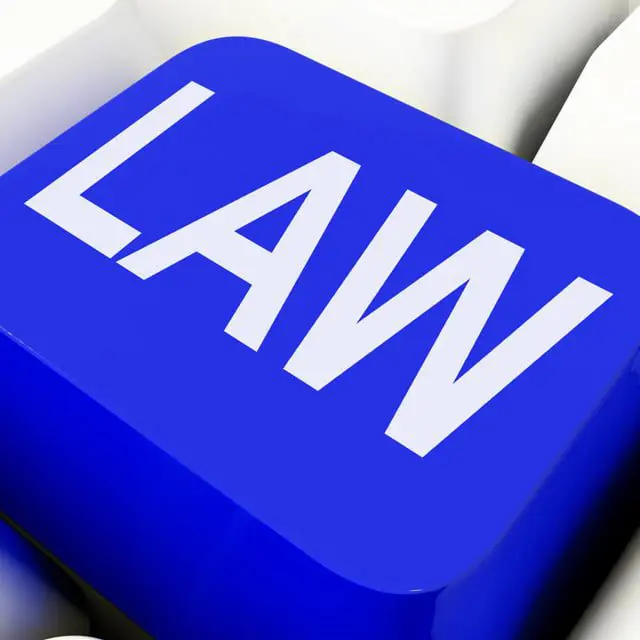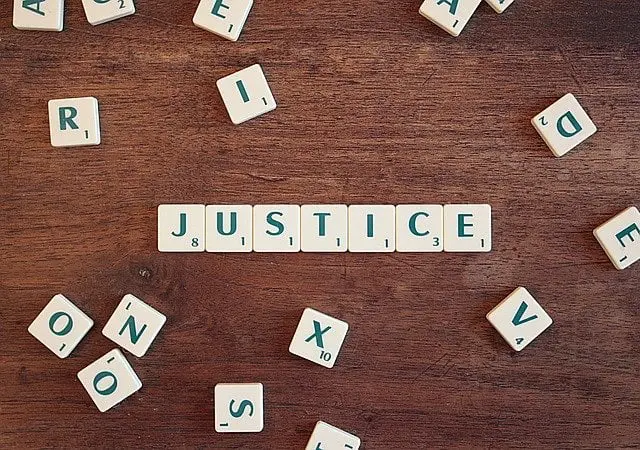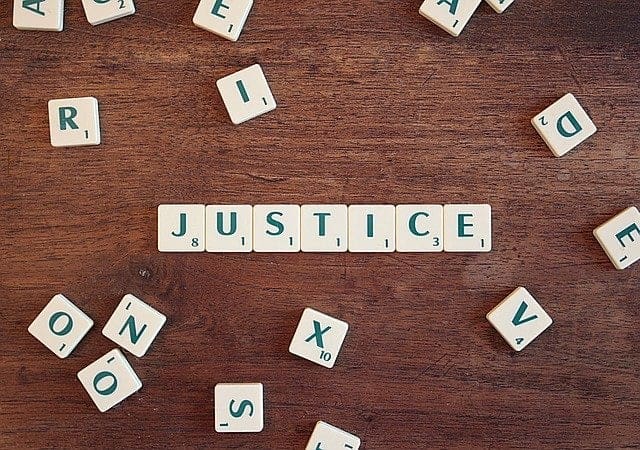In the legal arena, “Badgering the Witness” is a term that resonates with considerable importance, encapsulating a critical aspect of courtroom decorum and legal ethics. This comprehensive article explores the intricate dynamics of badgering the witness, a practice observed in courtroom settings that balances on the fine line between rigorous cross-examination and unethical intimidation.
Understanding Badgering the Witness
Badgering the witness refers to the aggressive and improper questioning of a witness by legal counsel. This tactic is often characterized by a hostile demeanor, repetitive and argumentative questioning, or attempts to intimidate or unsettle the witness. Such behavior not only contravenes the principles of legal ethics but also potentially jeopardizes the fairness of the trial.
Historical Context and Evolution of the Practice
The practice of badgering witnesses has been a subject of contention in legal history. Historically, courts have grappled with defining the limits of acceptable questioning, striking a balance between the need for thorough cross-examination and the protection of witness rights. Over time, legal systems have developed clearer guidelines and standards to identify and curb this practice.
Judicial Intervention and Legal Framework
Judges play a pivotal role in preventing badgering the witness. They have the authority to intervene when questioning becomes excessively hostile or irrelevant. Legal frameworks provide judges with discretion to maintain order in the courtroom, ensuring that witness cross-examination remains within the bounds of professionalism and relevance.
Case Studies and Legal Precedents
Examining case studies where badgering the witness was a focal point offers valuable insights into its legal implications. Specific cases highlight how judges have intervened to stop badgering and the consequences faced by attorneys who cross ethical lines.
Impact on the Judicial Process and Legal Ethics
Badgering the witness can have far-reaching implications for the judicial process. It not only affects the quality and reliability of witness testimony but also reflects on the legal profession’s ethical standards. Maintaining decorum in the courtroom and ensuring fair treatment of witnesses are essential components of upholding justice and the rule of law.
Strategies for Legal Practitioners
For legal practitioners, understanding the boundaries of appropriate questioning is crucial. Strategies to avoid badgering include preparing well-structured questions, maintaining a respectful tone, and focusing on eliciting factual information rather than intimidating witnesses.
Psychological Impact of Badgering on Witnesses
Badgering the witness can have significant psychological impacts. Witnesses subjected to aggressive questioning may experience heightened stress, anxiety, or confusion, which can adversely affect their ability to provide clear and accurate testimony. This psychological pressure can lead to memory distortion, making it challenging for witnesses to recall events accurately, and can even cause long-term emotional distress.
Effects on Jury Perception
The way a jury perceives the treatment of witnesses can profoundly influence their interpretation of the evidence and, consequently, their verdict. Juries may view badgering as a tactic to intimidate or manipulate a witness, which could undermine the credibility of the questioning attorney’s case. Conversely, some jurors might perceive aggressive questioning as a sign of a lawyer’s commitment to uncovering the truth, demonstrating the complexity of jury psychology.
Contemporary Examples of Badgering the Witness
In modern legal cases, instances of badgering the witness are often highlighted in high-profile trials where media coverage can bring additional scrutiny to courtroom dynamics. These examples serve as a reminder of the importance of ethical conduct during cross-examination and the potential consequences of overstepping legal and ethical boundaries.
Guidelines for Legal Practitioners on Conducting Ethical Cross-Examinations
- Preparation and Structure: Prepare questions in advance, ensuring they are clear, concise, and relevant to the case. Structured questioning helps in avoiding confusion and unintentional intimidation.
- Respectful Tone: Maintain a professional and respectful tone throughout the cross-examination. Avoid personal attacks, sarcastic remarks, or any language that could be perceived as disrespectful or intimidating.
- Factual Focus: Focus on eliciting factual information from the witness. Avoid leading questions that may force the witness into a specific narrative or conclusion.
- Observing Non-Verbal Cues: Pay attention to the witness’s non-verbal cues. If they appear distressed or confused, it may be prudent to modify the questioning approach.
- Adhering to Legal Standards: Stay within the bounds of legal standards and courtroom etiquette. If unsure about a line of questioning, consider consulting a more experienced colleague or referring to legal guidelines.
- Responding to Objections: Respectfully acknowledge objections made by opposing counsel or the judge. Use these as opportunities to reassess and adjust the questioning approach if necessary.
Conclusion
Understanding and respecting the boundaries of ethical cross-examination is crucial for legal practitioners. ‘Badgering the Witness’ not only has psychological impacts on the individuals involved but can also influence the outcome of trials and the overall perception of the legal system. Adherence to ethical guidelines ensures the integrity of legal proceedings and upholds the principles of justice.
Disclosure: Generative AI Created Article
















